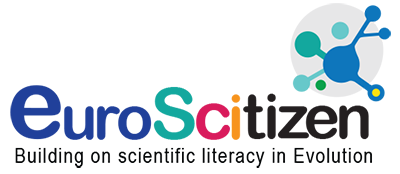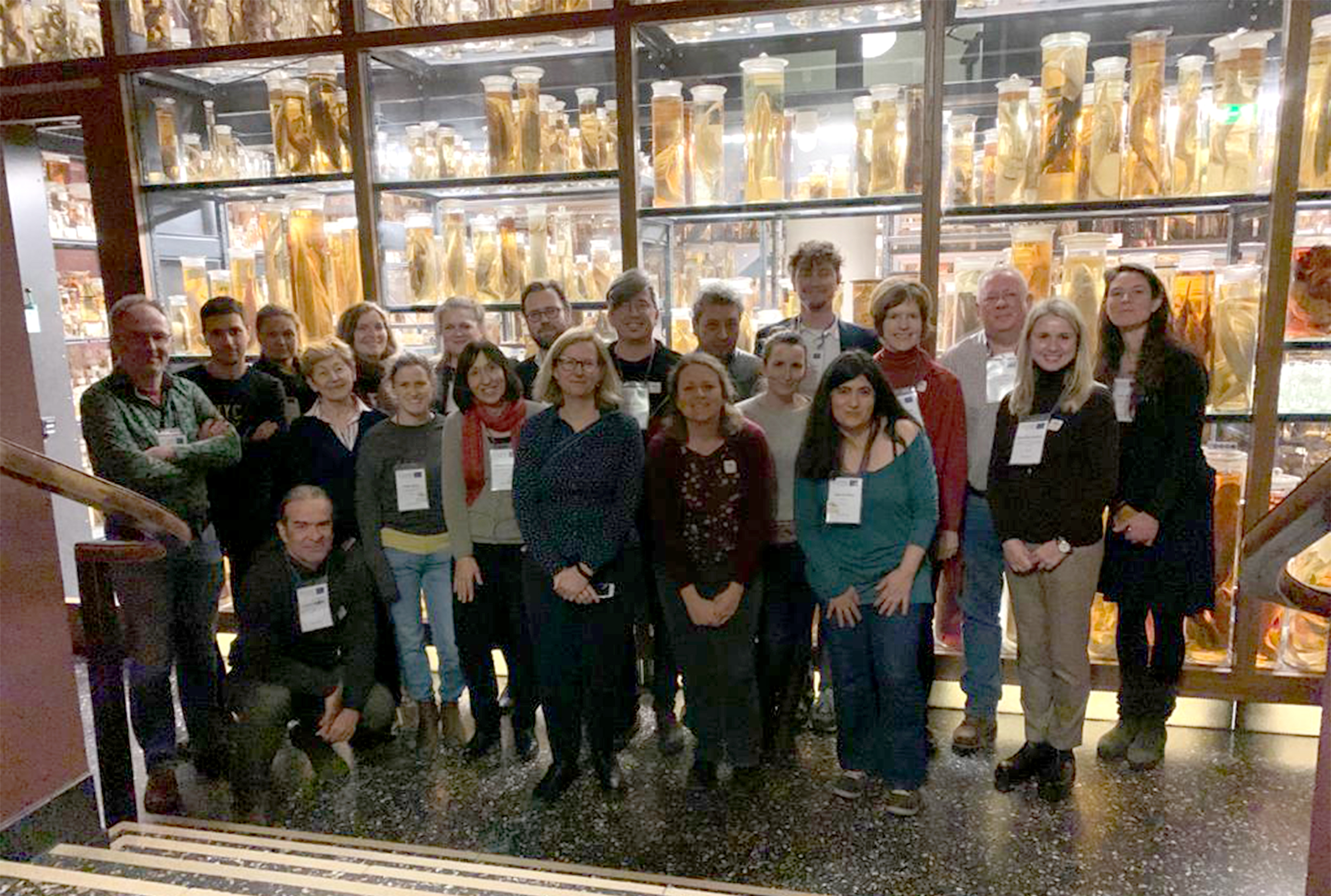
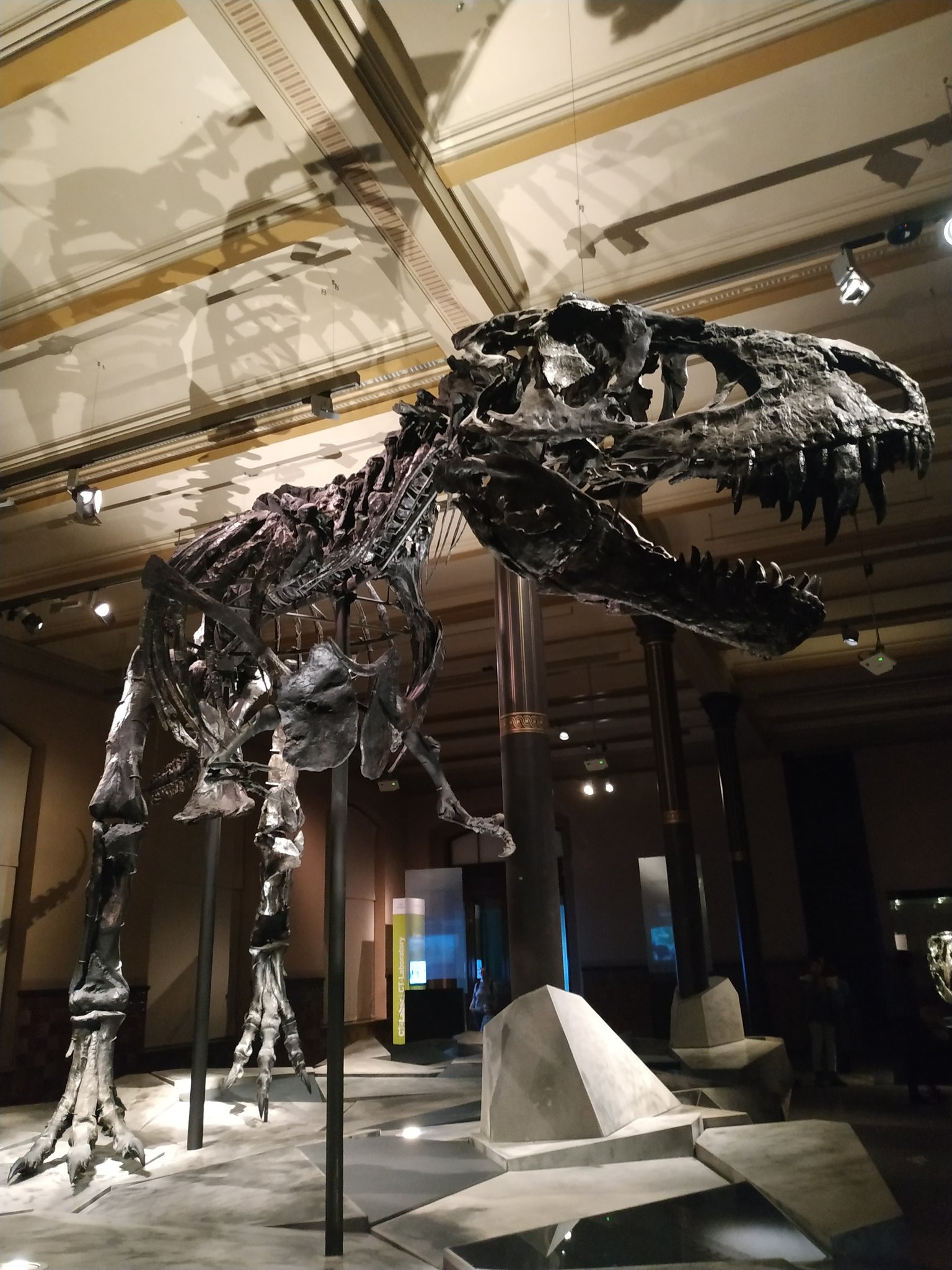
Twenty one participants from the three COST Actions EuroScitizen, Alien-CSI and the Citizen Science COST Action attended the joint meeting at the Berlin Museum für Naturkunde on the 13th and 14th of January. The aim of the meeting was to build from the diverse expertise of the three Actions to draft a guide on citizen science projects that can promote scientific literacy in evolution.
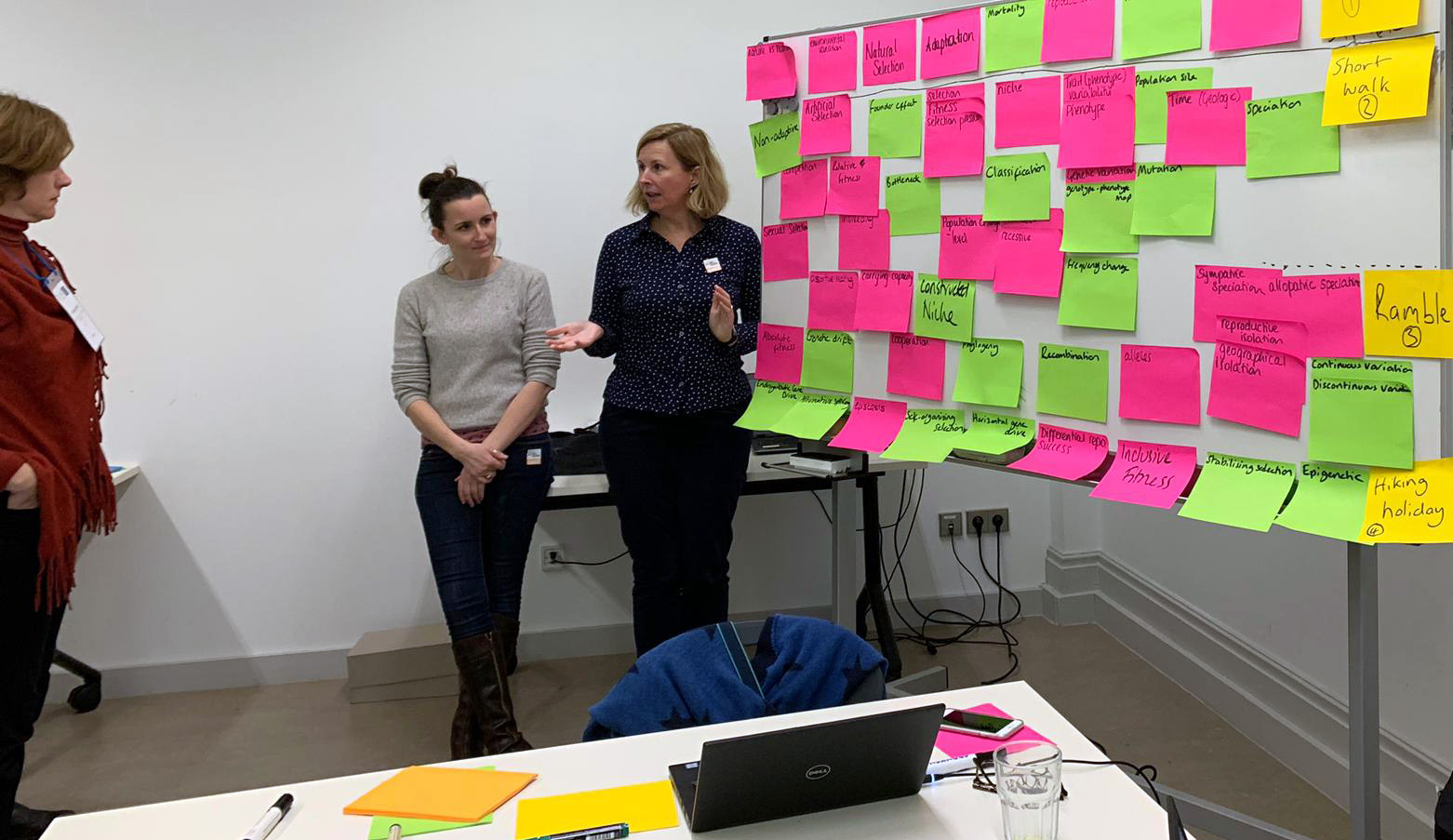
Despite the central importance of evolution for understanding the world around us and for guiding citizens’ daily lives decisions, evolution is rarely addressed explicitly in citizen science projects. Therefore, the guide is addressed at both evolutionary biologists and practitioners in citizen science to act as a primer both on how to design citizen science with distinct learning outcomes in evolution and also how existing citizen science projects could be used to learn about evolutionary concepts.
The meeting kicked off to a great start with some inspirational talks: Helen Roy, Chair of Alien CSI, presented her ladybird citizen science project; Roberto Torres, dissemination officer for EuroScitizen, gave a talk on “Melanogaster Catch The Fly”, an EU-wide citizen science project on population genomics with Drosophila Melenogaster (the fruit fly) as a model organism; Jonathan Silvertown focused on Evolution Megalab on a citizen science project on snail evolution, and Till Bruckermann’s talked about how to evaluate learning in citizen science projects.
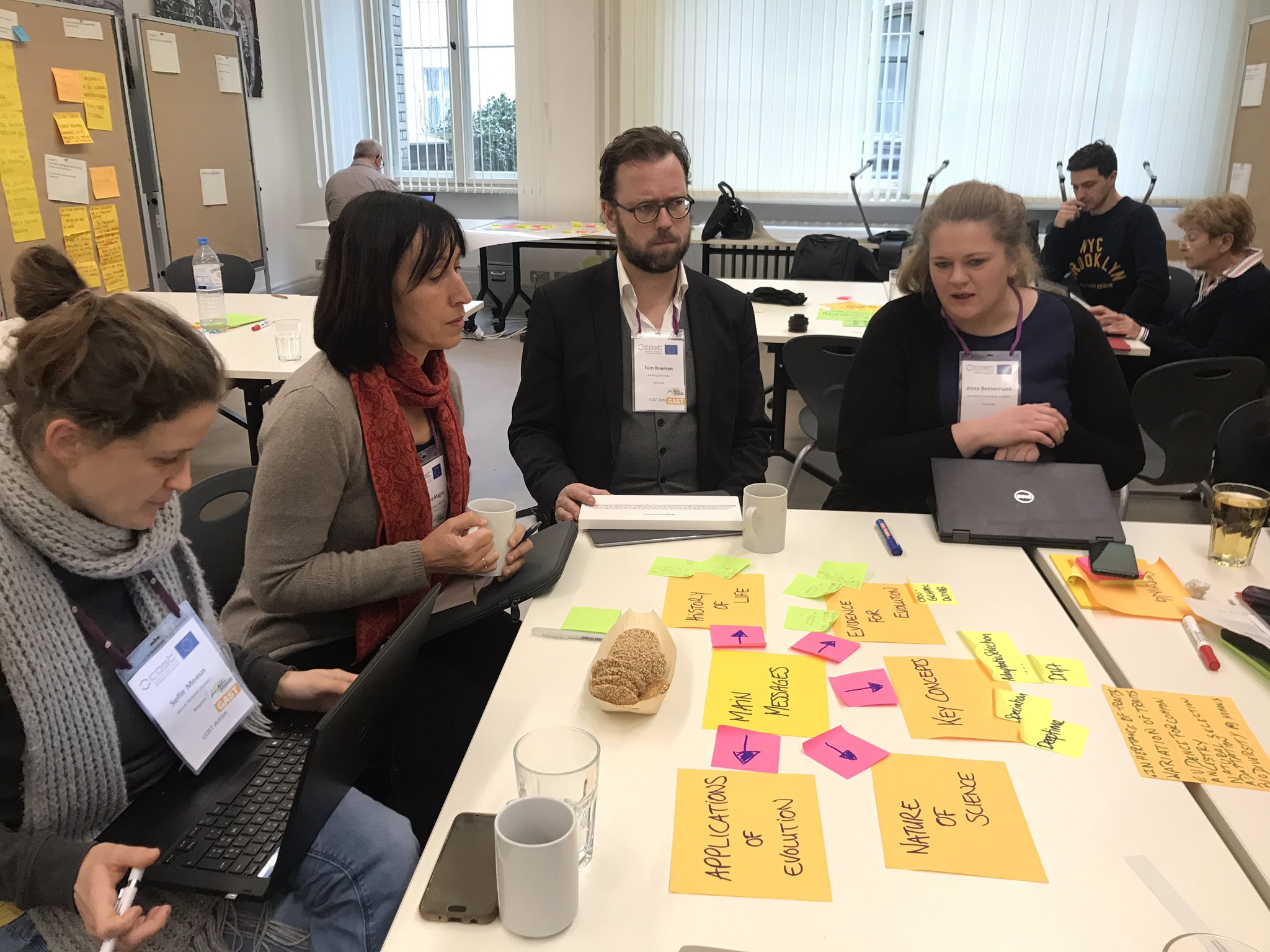 The meeting included plenty of networking formats such as a scientific speed-dating followed by the “World Café”, EuroScitizen’s favourite format where participants advanced on the content of the different sections of the compendium. This was later split into further group work. By the end of the meeting, duties were assigned and next steps planned.
The meeting included plenty of networking formats such as a scientific speed-dating followed by the “World Café”, EuroScitizen’s favourite format where participants advanced on the content of the different sections of the compendium. This was later split into further group work. By the end of the meeting, duties were assigned and next steps planned.
Beside this productive work, some social activities (a dinner followed by a late-night cocktail, also thanks to co-leader Dule Misevic!) allowed socialising among participants, which is an important part for a fruitful cooperation. Nonetheless, there was also time to visit the amazing collections of the Berlin Museum für Naturkunde -what a better place to host such a meeting other than – a biologist’s and science communicator’s dream.
Enthused, participants left Berlin strongly committed with this deliverable and we all went home left feeling satisfied, inspired, provoked and excited about future collaborations between these three COST Actions!
More news about it soon…
